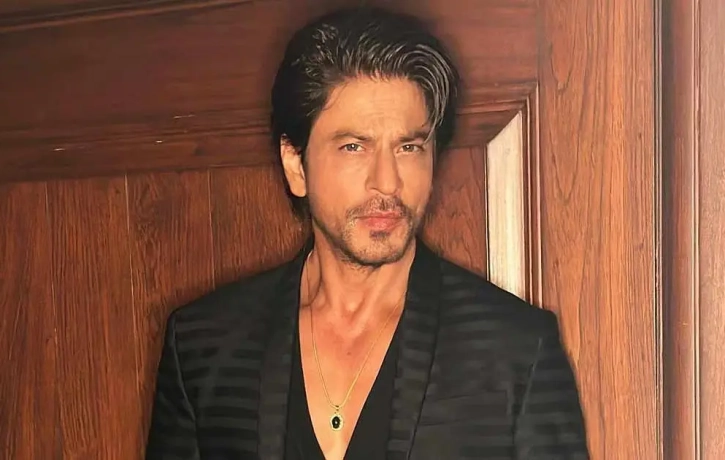Indian Navy Veterans, The recent news of eight Indian Navy veterans returning home from Qatar after an 18-month ordeal has sparked a wave of relief and celebration across India. This homecoming, however, transcends mere individual stories – it signifies the intricate dance between leadership, diplomacy, and the human cost of international relations.
While Bollywood superstar Salman Khan echoed the collective joy by emphasizing trust in leadership, his statement, “Diplomacy and statecraft are best executed by our able leaders,” underscores a crucial element in securing the veterans' release. The timing of their return – coinciding with Prime Minister Modi's visit to the UAE and upcoming trip to Qatar – further fuels speculation about the role of high-level diplomacy in securing their freedom.
One of the veterans himself attributed their release to “Prime Minister Modi's personal intervention,” highlighting the importance of leadership taking center stage during such delicate situations. The Ministry of External Affairs (MEA) chimed in, welcoming the release and expressing appreciation for the Qatari leader's decision. These statements solidify the narrative of a concerted effort at the highest levels of government.
However, amidst the celebrations, it's important to acknowledge the human cost behind this story. The veterans endured 18 long months away from their families, facing an uncertain future. Their ordeal serves as a stark reminder of the complex geopolitical landscape in which nations operate. While details of their detention remain unclear, their return is a testament to the tireless efforts of both the Indian government and the Qatari authorities.
The homecoming also signals a potential thaw in India-Qatar relations. The two countries share strong economic ties, with Qatar being a major supplier of LNG to India. However, this incident could have cast a shadow on these ties. The veterans' release, coupled with the upcoming diplomatic engagements, suggests a willingness on both sides to move forward.
Looking beyond the immediate homecoming, this event presents valuable lessons. It highlights the importance of strong leadership and a robust foreign policy apparatus in navigating international complexities. It also showcases the power of diplomacy as a tool for resolving disputes peacefully and securing the safety of its citizens abroad.
This homecoming is a victory not just for the veterans and their families, but for the spirit of international cooperation. It signifies that even in a world often defined by conflict, dialogue and diplomacy can lead to positive outcomes. As the veterans begin to rebuild their lives, their story serves as a reminder that sometimes, the most powerful weapon at a nation's disposal is its diplomatic prowess.
However, several questions remain unanswered. What led to the detention of the veterans? Was there any quid pro quo involved in their release? These questions, while important, do not diminish the significance of their safe return.
The coming days and weeks might shed more light on the behind-the-scenes negotiations and the broader context of India-Qatar relations. But for now, the focus should be on celebrating the veterans' homecoming and the role diplomacy played in bringing them back to their families.

